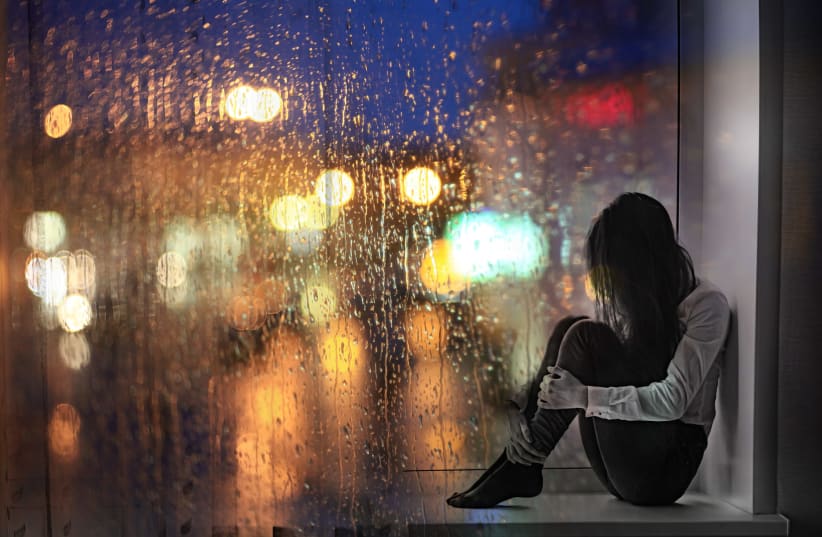Domestic violence during coronavirus proves hard work for organizations
“The pressure of being together in close quarters, in addition to added economic pressures and fears of survival, are leading to increased stress and reducing people’s ability to let things slide."
